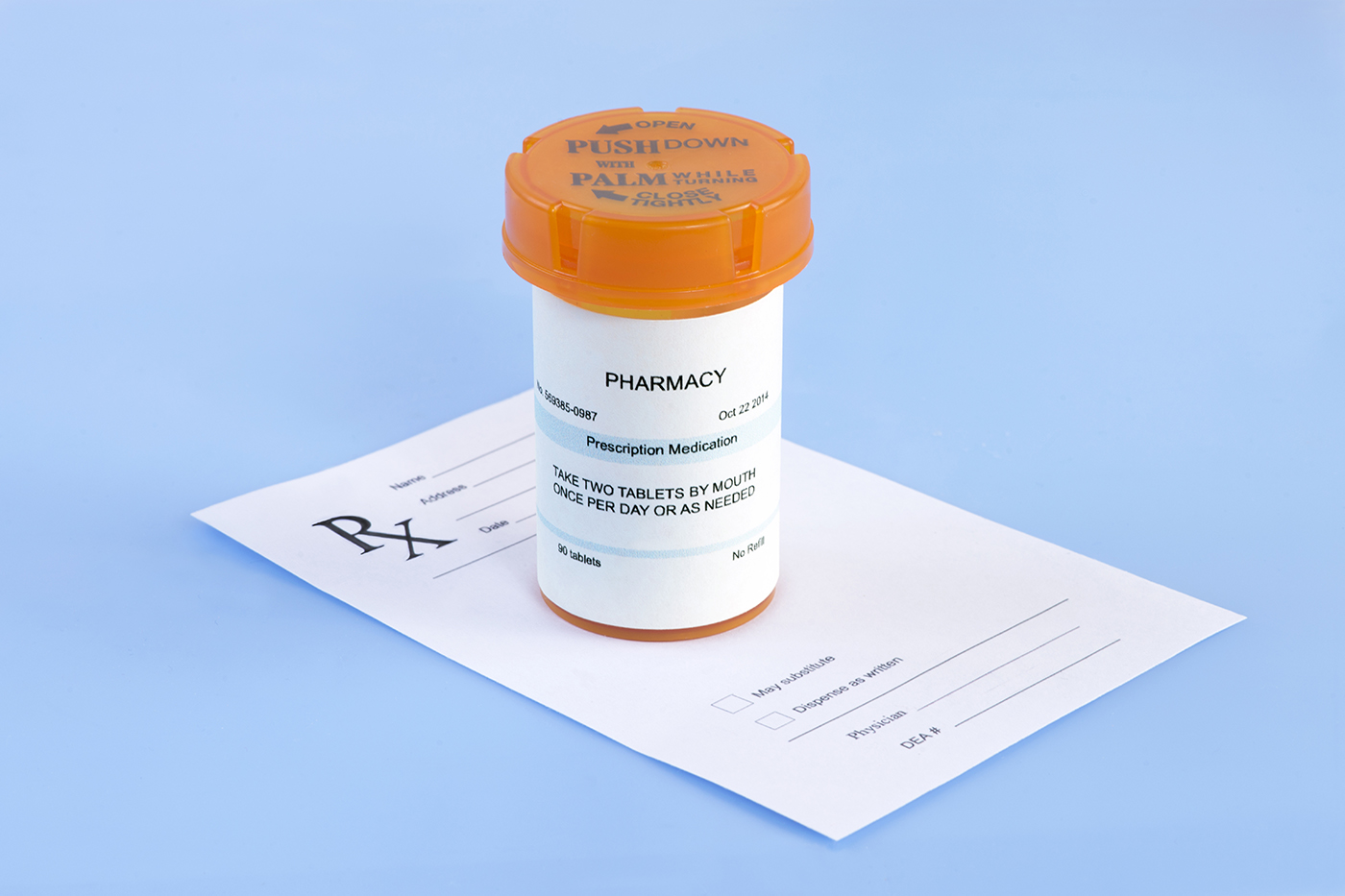
The Arkansas Department of Human Services announced Jan. 3. that adult enrollees ages 21 and older in the fee-for-service Medicaid program are now allowed up to six prescriptions per month without prior authorization — a change that took effect on the first of the year, pursuant to Arkansas Act 758 of 2021. Previously, enrollees were allowed three prescriptions without prior authorization and an additional three with prior authorization. This policy does not apply to enrollees who are under age 21, in the Arkansas Health and Opportunity for Me (ARHOME) program, or in the Provider-led Arkansas Shared Savings Entity (PASSE) program.
The act also added five medication types to the medications, listed below, that do not count toward the monthly limit. An asterisk indicates the newly added medications.
- high blood pressure*
- hypercholesterolemia*
- blood modifiers*
- diabetes*
- inhalers for respiratory illnesses*
- family planning
- tobacco cessation
- opioid use disorder treatment
According to a 2019 survey, Arkansas was one of 13 states with monthly limits on prescriptions for beneficiaries in fee-for-service Medicaid. Ten of these states (Alabama, Arkansas, California, Illinois, Kansas, Louisiana, Mississippi, Oklahoma, Tennessee, and Texas) had monthly limits on all prescriptions, and three states (Florida, Georgia, and Wisconsin) had monthly limits only on narcotics.
Among the 10 states with monthly limits on all prescriptions, six states’ limits applied only to adults (Alabama, Arkansas, Kansas, Louisiana, Tennessee, and Texas). Arkansas and Texas reported the lowest prescription limits for adults at three prescriptions per month in fiscal year 2019. Alabama and Tennessee reported the highest monthly limits for adults at five prescriptions.
Most of these states also provided exemptions to the limits for certain drugs or classes of drugs, or for certain populations. For example, Alabama exempted antiretrovirals, anticonvulsants, antipsychotics, and maintenance drugs. Tennessee exempted even more drugs, including antidepressants, antiparkinsonian agents, cardiovascular agents, clotting factors, contraceptives, insulins, dialysis drugs, Hepatitis C drugs, medication-assisted treatment therapy, asthma drugs, and diabetic supplies. Louisiana does not exempt certain drugs but instead exempts certain populations, such as pregnant women, from the limitations.
While the increase to six prescriptions without prior authorization and the additional exemptions are welcome changes, evidence suggest policies that have prescription caps can have a negative impact on access to medications and hospital utilization. A study published in 2021 looked at claims data for 28,046 young adults with disabilities who were enrolled in Medicaid, of whom 29.3% lived in Arkansas and Texas and were subject to three-prescription monthly limits, and found that prescription caps were associated with lower prescription utilization but not necessarily lower spending. The results also suggested that prescription caps may be associated with higher rates of inpatient care:
“…exposure to a 3-drug prescription limit at age 21 years was associated with lower monthly prescriptions among young Medicaid beneficiaries with disabilities as well as those with a serious mental illness. The drug cap policies restricted prescriptions for many individuals, with decreases in important medications used to treat mental illness, including antipsychotics, anxiolytics, and antidepressants. Despite these decreases in prescriptions, the drug cap policies were not associated with lower spending on prescriptions among all individuals with disabilities and only $33 lower monthly prescription drug spending among those with a serious mental illness. In addition, the results suggest that the drug cap policy may be associated with higher rates of inpatient care.”






